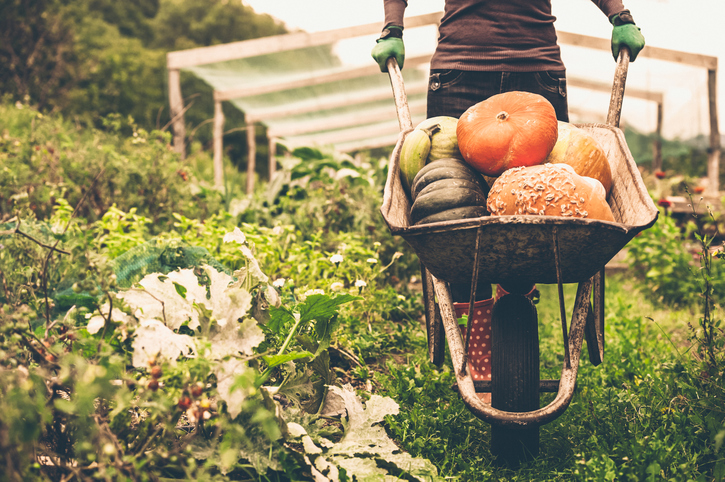She said, “my daughter didn’t taste sugar until she was 2 and a half”! I was impressed! How the hell do you avoid sugar for the first 2 and a half years of life?!
The lady I’m referring to is a paediatric nutritionist, Mandy Sacher. To cut a long story short, when she said ‘sugar’ she meant processed white sugar and artificial sweeteners, not natural sugars which are unprocessed.
To elaborate the context, I was attending her fussy eating seminar and we were discussing some of the reasons for children becoming fussy eaters, particularly fussy toward foods which were bitter I.e. vegetables. She brought up an excellent point that parents are simply not aware of the amount of sugar or artificial sweeteners in baby foods these days and how they impact our future health. Let’s take squeezy yoghurt for instance, they have all the ‘organic’ or ‘probiotic’ food labelling on their packets so we think great it’s not bad for my baby… Well think again.
The issue with packeted foods like squeezy yoghurt is the higher sugar content, and when your beautiful smiling bubba gets his or hers laughing gear wrapped around sugary foods their brain says, WOW! What is that? Give me more!
Reason being, our baby’s taste buds are 200 times more sensitive compared to ours, so when they develop a taste for sugar, or even worse, artificial sweeteners eventually their palate becomes accustomed to the taste and she or he simply won’t have any other foods without the sweetness, particularly bitter foods like vegetables.
This is where it really does become an issue, not eating vegetables I mean and only sweetened food over a sustained period at a young age. The key issues from eating a lack of vegetables and sweetened foods is the lack of fiber and phytochemicals. Both equally important to vitality and growth.
Fiber plays an important role in our digestive system, apart from the obvious ‘keeping us regular’ there’s a growing body of research about the topic of ‘gut health’ or ‘microbiome’. Experts know now that around 90% of the bacteria we’re composed of live in our lower intestine, the colon. There are all types of bacteria down there! The good and the bad and they play a very influential role in our immune system, whether we store excess calories and even our mood and behaviour.
If your little ones, or you or I for that matter, don’t eat enough fiber our beneficial species of bacteria don’t get to eat. Fiber is their fuel source, just like we need to eat, your gut bacteria need to eat too. Without a healthy amount of fiber the good bacteria literally die out leaving real estate for nasty opportunistic bacteria to wreak havoc or even worse, the good bacteria to start feeding on parts of the intestinal walls.
Key indicators of poor gut health come in many forms. Obvious ones are regular loose and runny stool which may indicate nutrient absorption may be suboptimal. Tummy pain, skin problems, recurrent infections and even introverted behaviour believe it or not.
The first 2 years of your child’s developing gut is extremely important.
The moral of the story is that you can control the foods which your little ones are exposed to and effectively have a profound impact on developing a strong healthy micro biome which will then lead to better immune health, less sickness and happier kids in general.
Here are some simple tips to consider:
- Choose natural, unsweetened yoghurt
- Full fat milk, ideally organic, and only 2 servings of dairy each day
- Feed them whole grain breads instead of wholemeal or white
- There is NO place for softdrinks in a child’s diet, this can cause leaching of essential nutrients
- Blend veges into foods if she or he will not eat them from the plate
- Always serve vegetable on the plate for their curious little eyes to see, even if they don’t eat them
- Aim for at least 5 servings of veggies each day
- Fruit does not replace vegetables. Kids should only have 2-3 serves of fruit per day
- Make eating vegetables FUN! Make it a game at meal time or read stories on how eating veges are fun
- Reduce condiments and packaged foods
- You may juice veggies if they are cold pressed. Have a 4:1 or at the very least 3:1 veggie to fruit ratio
As parents or caregivers we all have a responsibility to pave the way for our precious children. I believe being educated on food and nutrition and feeding our children nutritious food is an essential part to a childs life

